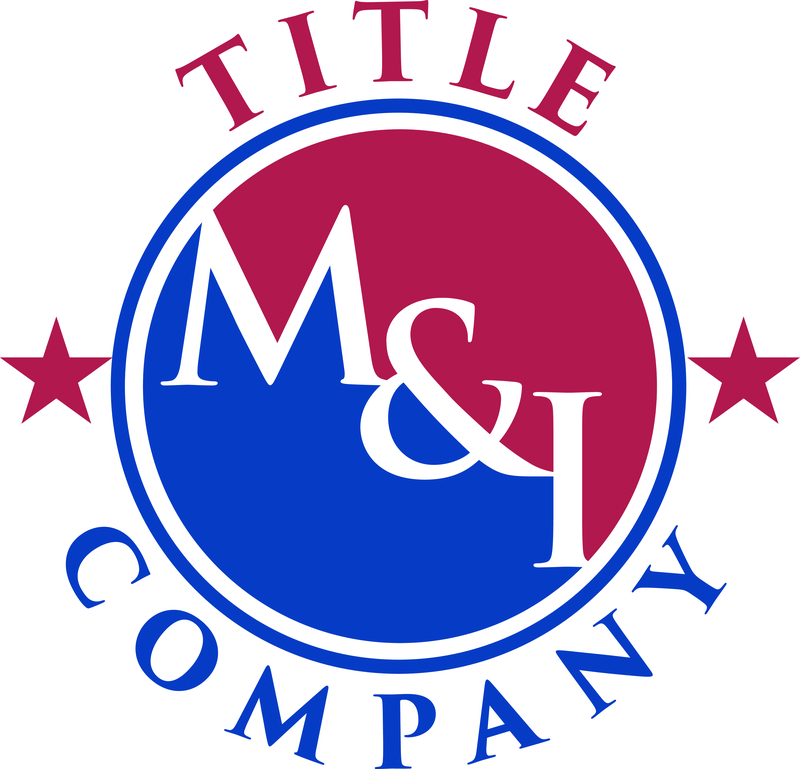When you make an offer on a home, it is normal to include a deadline for the seller to accept the offer by otherwise the offer dies. Deadlines are also used when sellers and buyers make counter-offers and negotiate building inspection resolutions. These deadlines typically include both a date and time. Unfortunately, many real estate agents seem to like using “12 p.m.” as a deadline which, personally, I think is a bad idea and should not be done.
Why is 12 p.m. as a deadline bad to use?
For starters, I’m a big fan of trying to keep things as clear as possible and avoid the potential of conflict whenever I can. Therefore, I like using contract terms that are clear and precise as opposed to those that are vague and ambiguous. Given that “12 p.m.” is, at best, a confusing term that is subject to interpretation and can be interpreted to mean “noon” or “midnight” and, at worst, doesn’t refer to anything “real” at all, it sounds like something good to avoid.
Noon and 12 p.m. are the same, right?
Let’s break it down a little to answer that question and start with what the “p.m.” in 12 p.m. stands for. P.M. is an abbreviation for post meridiem, which is Latin for “after noon”. So, when is noon? That is simple, right? It’s right after 11:59 a.m. and right before 12:01 p.m., correct? Assuming you agree with that, then how can 12 p.m. be “12 after noon”? How can it be “after” that moment in time when it is occurring at the same time as the event it is to be after?
What about 12 a.m. and midnight, they’re the same, right?
Basically, we run into the same issue as above, we are trying to identify a moment in time by referencing it’s relationship to that moment. But, for the sake of this conversation, let’s break this down a bit by looking at the definition of a.m. A.M. is an abbreviation for ante meridiem, which is Latin for “before noon”. Now, you could argue that since midnight is 12 hours before noon that the term 12 a.m. would be the accurate time for midnight. Not so fast though, because using the same argument would mean that 12 p.m would also be the accurate term for midnight since it is 12 hours “after noon”. See the problem?
What does the “official timekeeper” for the United States Government say on this topic?
The Time and Frequency Division of The National Institute of Standards and Technology (part of the U.S. Department of Commerce) maintains the standard for frequency and time interval for the United States and provides official time to the United States. On their FAQ’s page, is the question “Are noon and midnight referred to as 12 a.m. or 12 p.m.?” Their answer is “This is a tricky question because 12 a.m. and 12 p.m. are ambiguous and should not be used.”
There’s an EASY Answer!
To avoid the confusion and conflict that may come as a result of using 12:00 p.m., 12 noon, 12:00 a.m., or 12 midnight as a deadline in a contract, just simply pick a time that is clear such as anything from 12:01 p.m. through 11:59 p.m. or 12:01 a.m. through 11:59 a.m. Then, there is no confusion and easy for all the parties to be on the same page.


